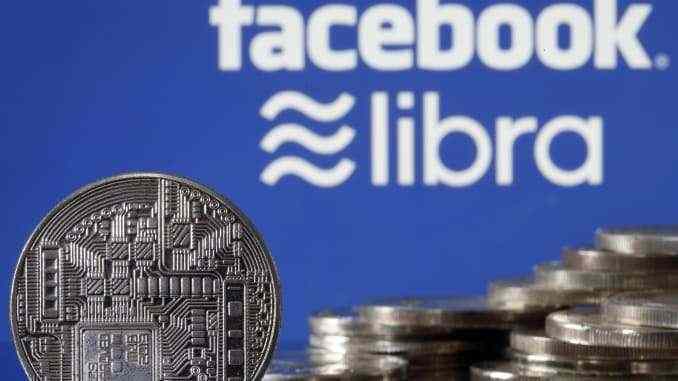EU finance ministers agree Facebook’s Libra too risky

EU finance ministers agreed that Facebook’s Libra and other private digital currencies should not be allowed in the European Union unless the risks they pose are finally addressed.
This confirms EU’s tough criticism of Libra, which was announced in June and has since been the talk of global regulators due to its possible impact on the financial system.
“No global stablecoin arrangement should begin operation in the European Union until the legal, regulatory and oversight challenges and risks have been adequately identified and addressed,” said the EU ministers in a statement.
Stablecoins like Libra, are a type of digital currencies or cryptocurrencies that are backed by traditional money and other securities. Crypto coins like Bitcoin do not have this characteristic.
Due to tough pressure from regulators, Libra’s original backers such as Mastercard and Visa left the project in October. This forced Facebook and 20 other members of Libra Association to push through with the project. Libra is set to launch in June 2020.
EU ministers said that they could take EU rules as guide in regulating crypto-assets and stablecoins as it is part of a global plan.
The EU commission is currently working on the new regulation, EU finance commissioner Valdis Dombrovskis told finance ministers in a meeting in Brussels.
The ministers also praised the European Central Bank working on a public digital currency, which in the future could become an alternative to private initiatives.
The ECB said that a public digital currency could become necessary once payments within Europe remained to be too expensive, according to a document presented to the finance ministers.
Adopting a public digital currency could trigger lower cash usage, the ECB said. The bank also warned that this big of a move on the financial system needed to be assessed carefully, especially with the impact it will produce.

